Iran urges united UN voice against US use of terrorism against other nations
Iran’s foreign minister has called on the United Nations to unanimously stand up against the United States’ making use of terrorism against different nations for political motives.
“The US uses sanctions against nations. The US uses terrorism against other nations for its own political goals—most notably the cowardly assassination of General [Qassem] Soleimani,” Hossein Amir-Abdollahian said during a meeting with UN Secretary-General Antonio Guterres in New York on Thursday.
Amir-Abdollahian underlined that a unified voice from the UN against such imperious conduct is necessary.
“Of course, Iran is pursuing [the case] nationally and internationally to bring to justice the perpetrators of the assassination of General Soleimani and his companions,” he added.
Soleimani, Iran’s top anti-terror commander, was assassinated in a US drone strike in Baghdad on January 3, 2020. Iran has demanded justice for his assassination, but also targeted two US-run bases in Iraq as part of its revenge.
During the Thursday meeting, Amir-Abdollahian noted that the Islamic Republic supports the UN’s initiatives and welcomes its neutral and fair stances.
He said the need for the UN to play a serious and constructive role in the region is felt more than ever, particularly in Palestine, Syria, Yemen and Afghanistan.
While criticizing the United Nations’ inaction in the face of the Israeli regime’s atrocities against the Palestinian people, the Iranian chief diplomat expressed hopes that such a trend would change during Guterres’ tenure.
Regarding the situation in Syria, Amir-Abdollahian pointed out that parts of Syrian soil have been occupied by foreign forces.
He also said the inhumane Saudi siege of Yemen must end.
During their meeting, the UN chief congratulated the Iranian foreign minister on his recent appointment.
Amir-Abdollahian and Guterres further discussed other matters of mutual interest, including the Joint Comprehensive Plan of Action (JCPOA), commonly known as the Iran nuclear agreement.
Referring to the UN’s principled stance in rejecting the US withdrawal from the JCPOA, Guterres said he had always supported the 2015 nuclear deal, which was ditched by the US in 2018 in pursuit of unilateral sanctions against Tehran.
He described as good cooperation between the Islamic Republic and the United Nations and said the UN welcomes wider collaborations with Iran.
Hailing Iran’s stance concerning the recent developments in Afghanistan, Guterres said he too believes that an all-inclusive government should be formed in Afghanistan so that different groups, ethnicities and genders could play a role in their country’s future.
He also noted that the UN mission in Afghanistan has become much more serious, emphasizing that Iran is a close partner with regard to the Afghan issue.
‘New Iran admin prioritizes neighbors’
Amir-Abdollahian also met his Azerbaijani counterpart, Jeyhun Bayramov, on Thursday, saying the new Iranian administration of Ebrahim Raeisi gives special priority to Iran’s relations with neighboring countries.
Pointing out that the two countries have supported each other in international and regional forums, the senior Iranian diplomat said this spirit needs to be maintained by the two sides.
He called Tehran-Baku ties very important and voiced hope that previous agreements between the two would be implemented.
The Islamic Republic has always supported Azerbaijan's territorial integrity, he said, adding that no third party should be allowed to affect good relations between Tehran and Baku.
Bayramov, for his part, thanked Iran’s support for his country’s territorial integrity and described bilateral relations as having very positive dynamics and being in the right direction.
He welcomed the holding of a trilateral meeting between Iran, Turkey and Azerbaijan in Tehran.
Both foreign ministers also voiced readiness to pursue joint projects in different fields.
‘Iran ready to help Nicaragua fight US sanctions’
In yet another meeting with his Nicaraguan counterpart Denis Moncada, Amir-Abdollahian condemned the United States’ cruel sanctions against Nicaragua.
He also expressed Iran’s readiness to further cooperate with the Central American country to fight the sanctions, in particular those recently imposed by US Congress.
Moncada, for his part, thanked Iran for its support and voiced his country’s readiness for wider collaborations with Iran in various fields.
He also described the recent phone call between the two countries’ presidents as positive and constructive.
Hamas thanks Iran, Resistance Front following achievement of ceasefire in Gaza
'Capitulation': Israeli officials and media concede Gaza defeat as truce unfolds
'Gaza has won': Social media users react to ceasefire with mix of relief, joy
Iran seeks South Korea’s assistance for AI, fiber-optic projects
VIDEO | Iran's 'Eqtedar' (Power) maneuver
Israel hits HTS military target in Syria for 1st time since fall of Assad
VIDEO | Press TV's news headlines
Israel has slaughtered 13,000 students in Gaza, West Bank


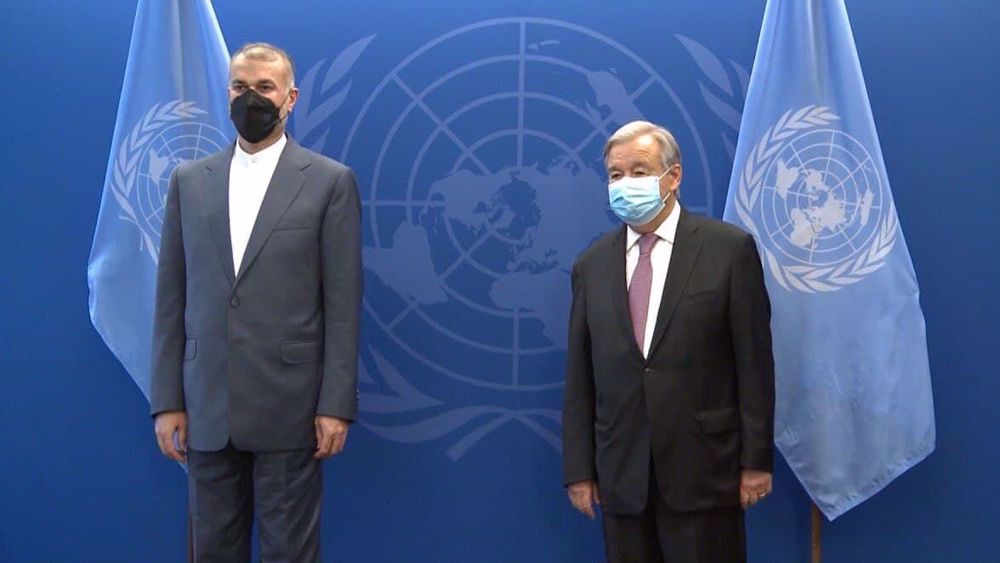
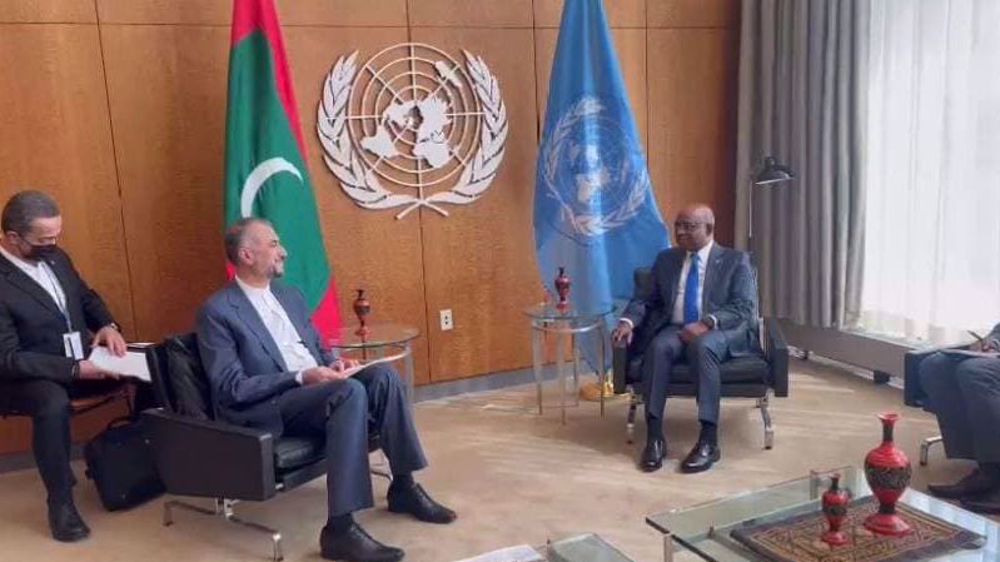
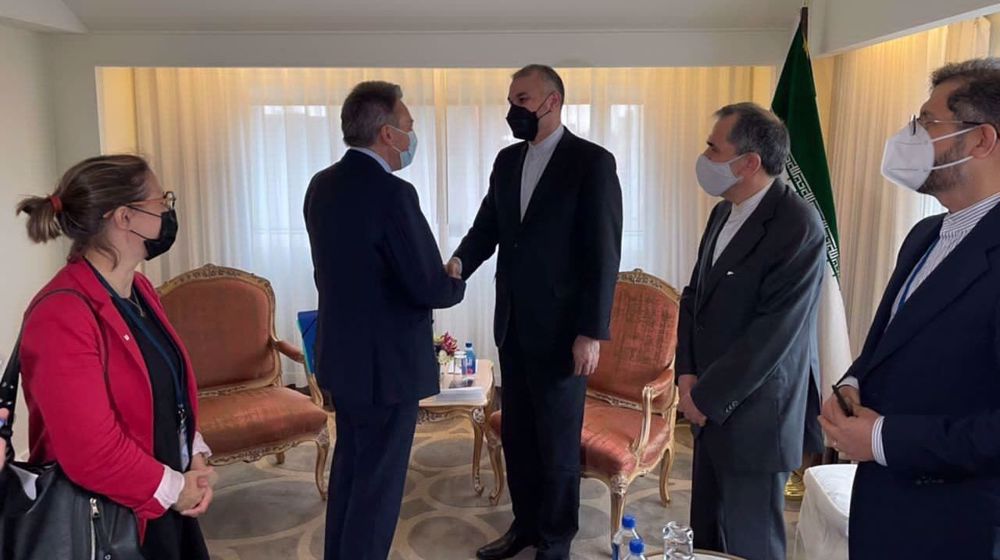
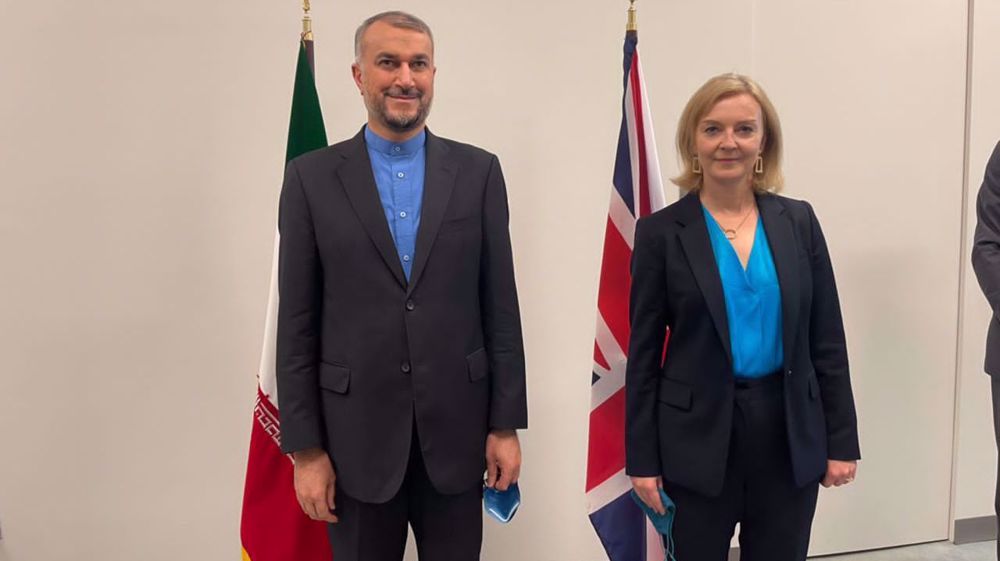
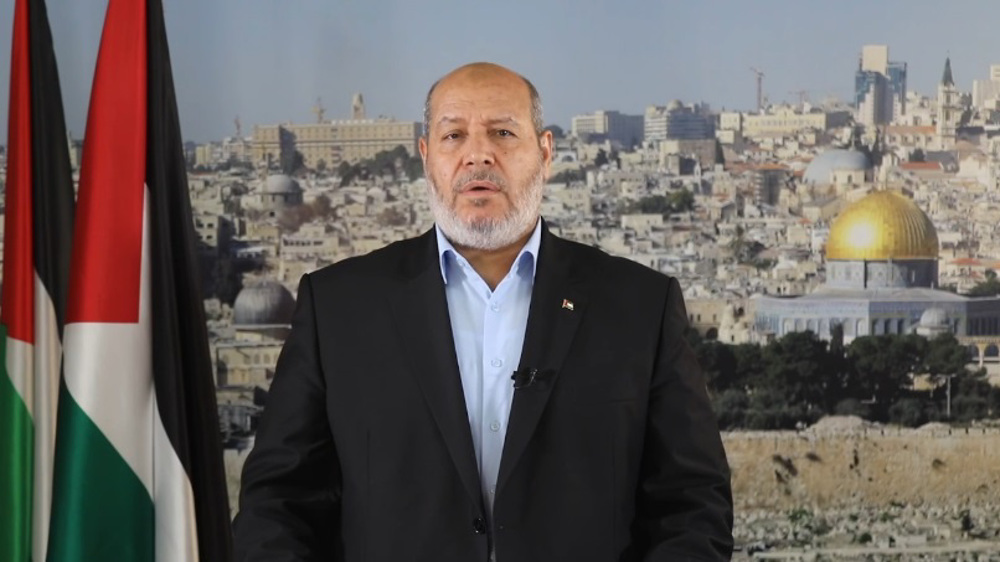





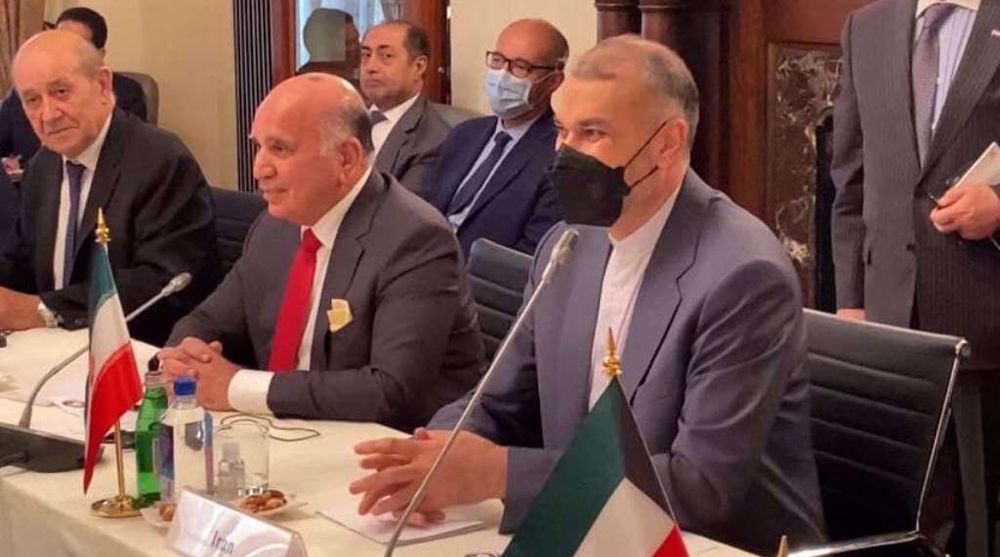
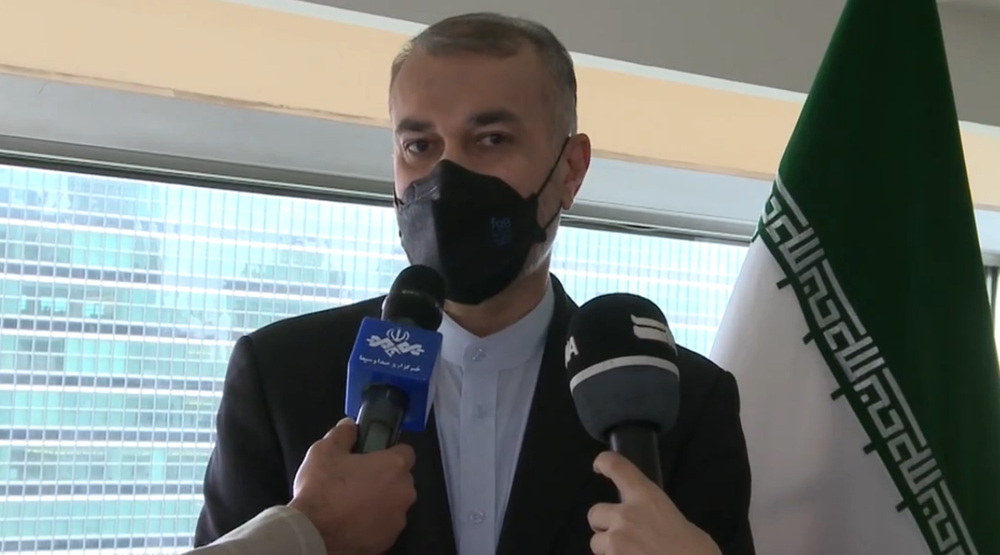
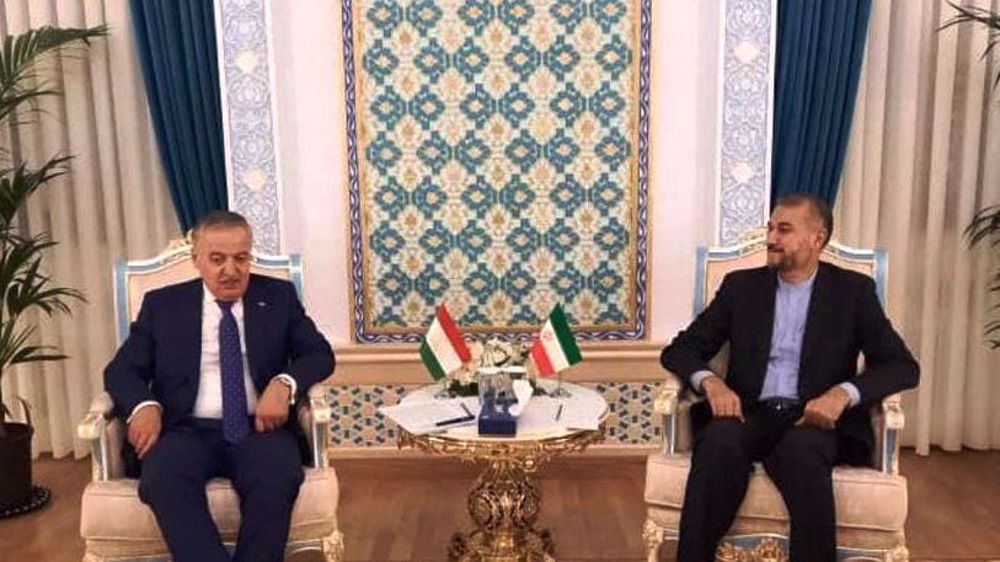
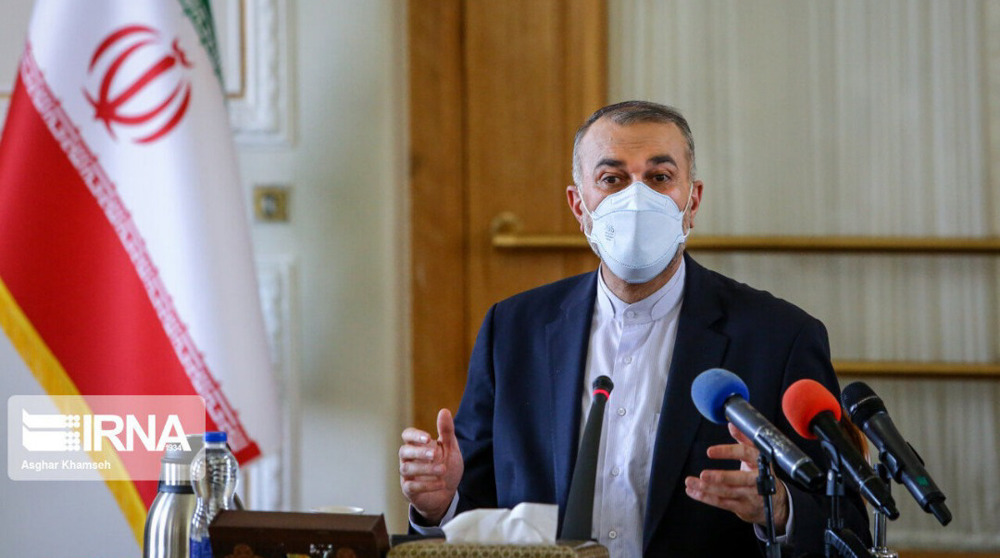
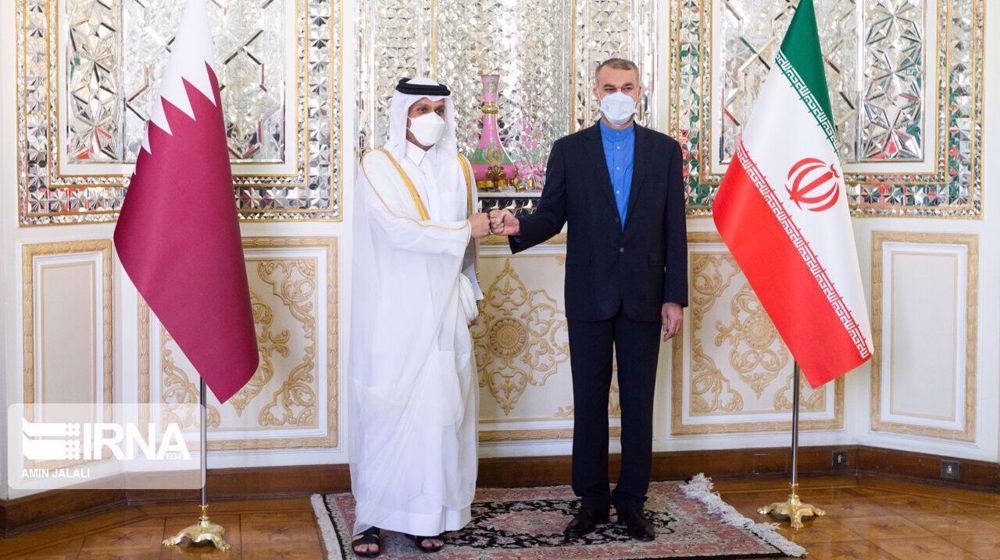

 This makes it easy to access the Press TV website
This makes it easy to access the Press TV website